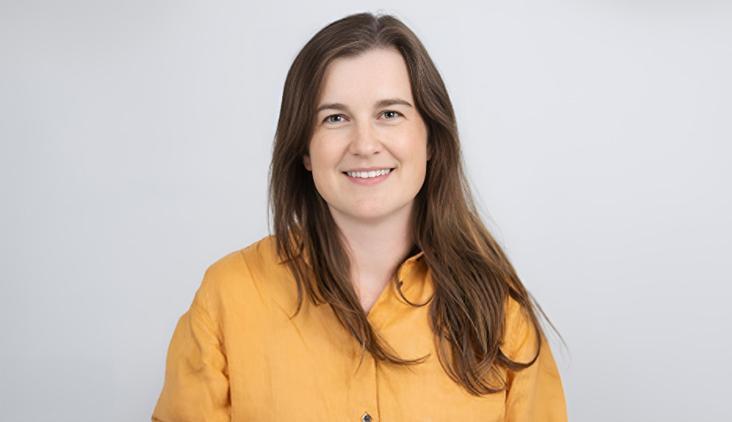The Agora Speaker Series is hosted by the School of Liberal Arts. Lectures presented as part of the series are free of charge and are open to members of the School of Liberal Arts, the University and the general public.

Agora Talk by Dr Emily Hulme
-
-
-
Wollongong Campus
20.4
Was Diotima Real?
Abstract
In Plato’s Symposium, the character Socrates puts forward a sophisticated theory of love, which is connected to Plato’s celebrated theory of forms. This account is explicitly attributed to a named woman—Diotima of Mantinea—who is given a brief biography. If we took this evidence at face value, this part of the Symposium would be one of our most important pieces of evidence for the philosophical activities of women in antiquity.
This account—and more specifically the question of Diotima’s historical existence—has, however, been a subject of major controversy in recent decades. Ancient writers took her to be a real person. The dominant recent view has been—and remains—that Diotima is a Platonic fiction, used by Plato for his own literary and philosophical purposes (Halperin 1990; Sheffield 2006; Prior 2007). Recent work has begun to question this interpretation (Nails 2015; Addey 2024; see also Waithe 1987), although it remains the prevailing view in most quarters.
In this talk, I’ll pursue the question of Diotima’s historicity, focusing on three considerations: (1) the prevalence of women in philosophy in (and before) Plato’s time period; (2) the question of using a Platonic dialogue as a historical source; and (3) art historical material depicting Diotima. I will ultimately make an argument for shifting the burden of proof, relative to the scholarly status quo: while there is no decisive proof that Diotima really existed, we should seriously countenance the possibility of taking Plato at his word, and understanding the Symposium to provide important evidence for the views of a historical woman on an extremely interesting philosophical topic.
Bio
Emily Hulme is a Lecturer in Greek Philosophy at the University of Sydney. She received her PhD from Princeton University in 2019 and has published her research on a range of topics including Plato, techne, and the oracular tablets from Dodona in academic journals such as Oxford Studies in Ancient Philosophy, Apeiron, and Greece & Rome. She is currently working on a book on women in Greek philosophy. In her free time, she enjoys tennis, surfing, and debating the finer points of Platonic interpretation with Anthony Hooper.